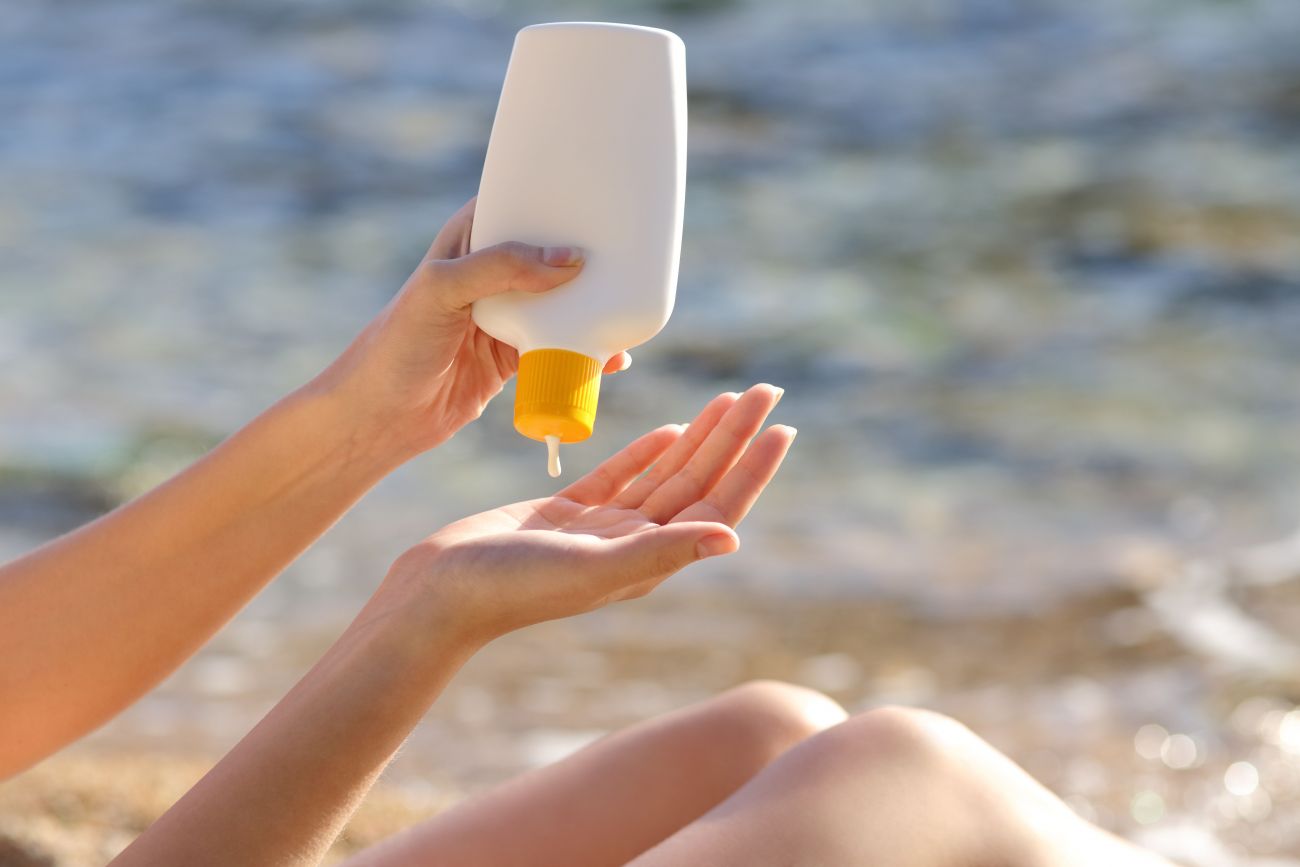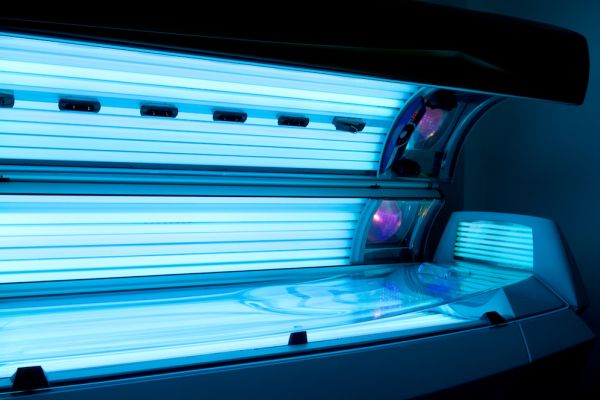Whether your summer plans include biking, fishing, swimming or just working in the garden, you’ll need to protect yourself from the sun’s ultraviolet rays — UVA (long wave) and UVB (short wave).
Both are types of radiation that come to us from the sun, and both can damage your eyes and raise your risk of developing skin cancer, including melanoma, the most serious type. Here are three things to keep in mind before you head outside.
1. Is it safe to get a "base" tan?
NO. Some people believe that getting a “light” tan before vacation will protect their skin. “Actually, any tan is a sign of damage. So purposely tanning prior to vacation only causes additional damage,” says Ilene Rothman, MD, a former Associate Professor of Oncology with the Department of Dermatology at Roswell Park Comprehensive Cancer Center. With repeated sun or tanning bed exposure, the risk increases for wrinkles and skin cancer. “There is no such thing as safe tanning,” adds Dr. Rothman. Tip: Always protect your skin by wearing sunscreen, and choose one that is “broad spectrum” and has an SPF (Sun Protection Factor) of 30 or higher. Reapply it every 1-2 hours and use one that is water-resistant if you will be swimming. And cover up with a hat and long-sleeved shirt.
2. Sunscreen: Even on cloudy days?
YES. You need the protection of sunscreen even on cloudy days, because UV rays can penetrate cloud cover. Tip: Avoid the sun when the UV rays are strongest, between 10 a.m. and 2 p.m., and pay attention to the current UV Index — information that’s usually provided as part of the weather report.
3. Do sunglasses protect your eyes from UV rays?
YES. UV rays can damage your eyes and lead to cataracts (cloudy lenses) and macular degeneration (the leading cause of blindness in people over 65), as well as cancer of the skin around the eyes, including the eyelids. Tip: When you’re shopping for sunglasses, remember that polarized lenses alone do not protect against UV rays, and neither does the darkness of the lenses. Look for lenses that block at least 98 percent of the UV radiation.
Melanoma : Something to Think About
Just one bad sunburn before age 18 can double a person’s chance of developing melanoma later on.
"And that doesn’t mean melanoma will occur when you’re 70,” says Dr. Rothman. “It can mean you may get melanoma in your teens or 20s. Skin damage can occur very quickly, and melanoma is potentially deadly.”
Melanoma is the most common cancer in people ages 25-29 and the second most common in people ages 15-29.
Know Your Risk

